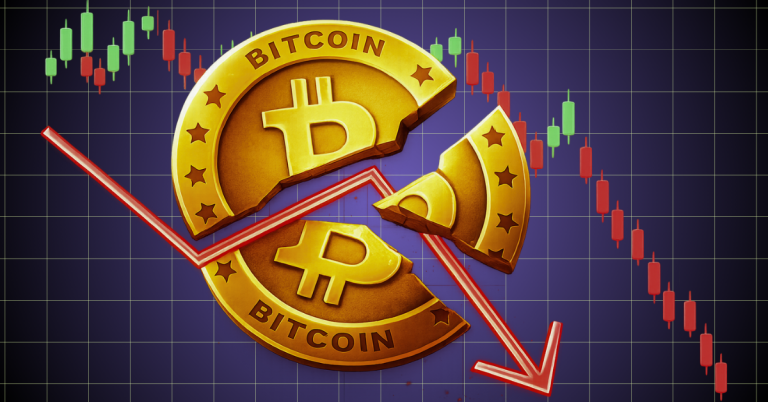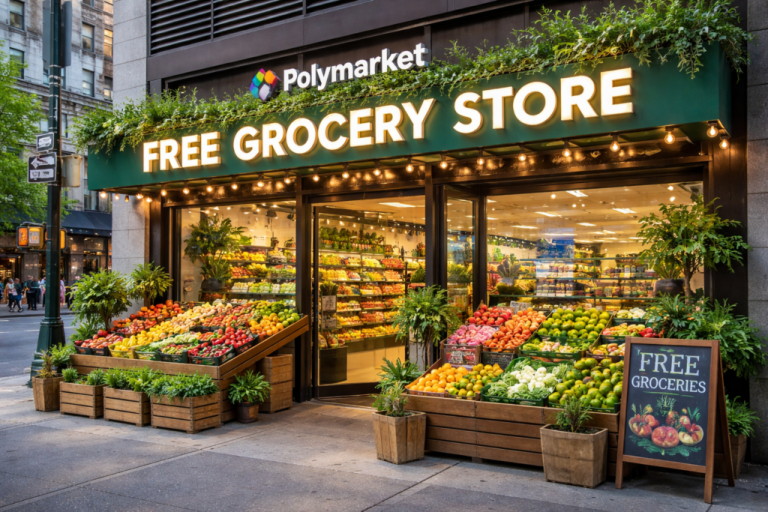
Introduction
The evolution of e-commerce is a fascinating journey that reflects the changing dynamics of consumer behavior and technological advancements. By 2025, we can expect significant transformations in the way we shop online.
Section 1: The Rise of Mobile Commerce
Mobile devices are increasingly becoming the primary means through which consumers engage in e-commerce. As of 2023, mobile commerce accounts for over 50% of total online sales. By 2025, this number is projected to rise even further. Businesses must optimize their websites for mobile users to capture this growing market. For insights on how to adapt to these changes, check out our article on Sustainable Living: Emerging Trends for 2025.
Section 2: Personalization and AI
Personalization is no longer just a trend; it has become a necessity in e-commerce. With advancements in artificial intelligence, businesses are able to analyze consumer data to offer personalized shopping experiences. From product recommendations to targeted advertisements, AI will play a pivotal role in shaping the future of online shopping. Understanding the impact of AI on consumer behavior will be essential for businesses aiming to thrive.
Section 3: Sustainability in E-commerce
As consumers become more environmentally conscious, e-commerce companies are expected to adopt sustainable practices. From eco-friendly packaging to carbon-neutral shipping options, sustainability will be a key factor influencing purchasing decisions by 2025. For more on this topic, see our post about Pure Refined Elegance and its connection to sustainable living.
Section 4: The Impact of Social Media
Social media platforms are evolving into shopping hubs. With features like shoppable posts and in-app purchasing, platforms such as Instagram and Facebook will continue to drive e-commerce growth. Marketers need to leverage these tools to engage with consumers where they are most active.
Conclusion
In conclusion, the evolution of e-commerce by 2025 will be characterized by increased mobile usage, enhanced personalization through AI, a focus on sustainability, and the integration of social media into the shopping experience. Businesses that adapt to these changes will thrive in the digital marketplace.




